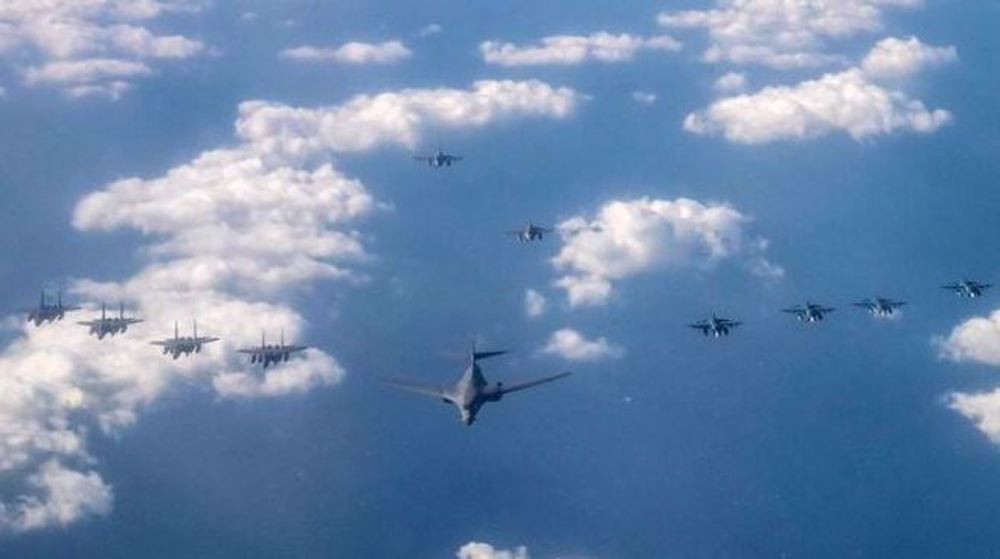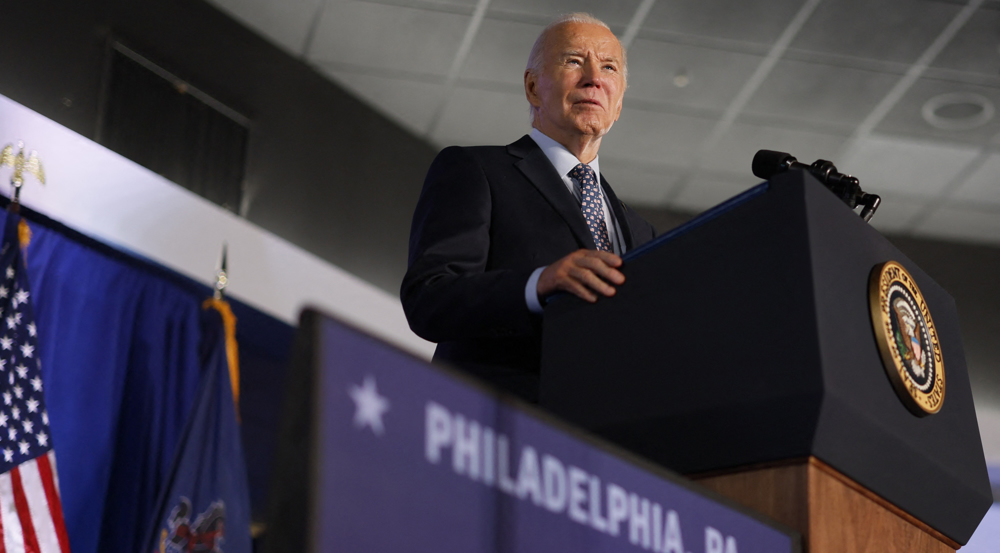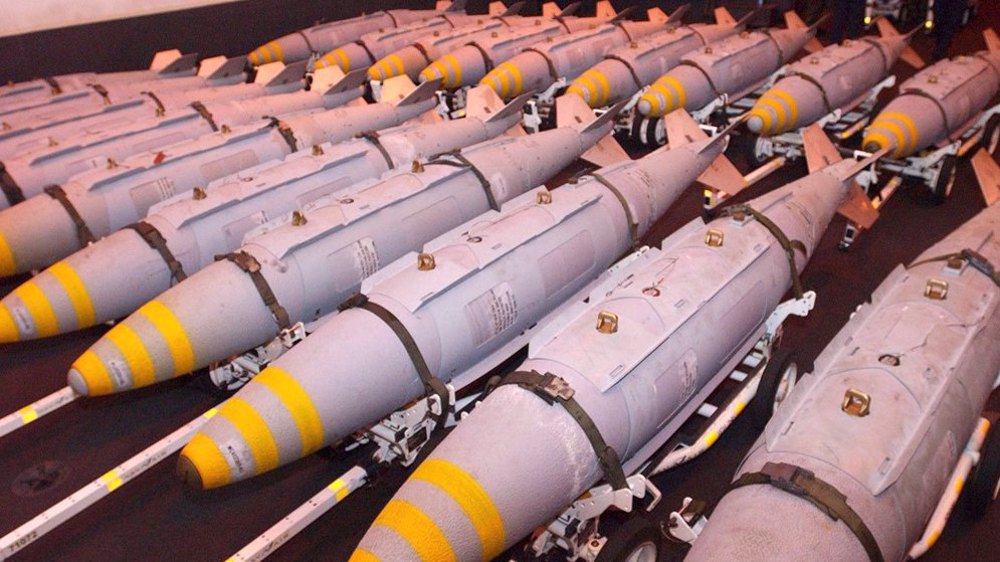North Korean nukes threaten global peace: Pentagon chief
US Secretary of Defense James Mattis has said North Korea’s nuclear weapons program poses a "clear and present danger" to international peace and security.
In a written testimony to Congress on Monday, Mattis warned that North Korea is increasing the pace and scope of its nuclear weapons program, amid escalating tensions between Washington and Pyongyang.
"The most urgent and dangerous threat to peace and security is North Korea," Mattis said.
"The regime's nuclear weapons program is a clear and present danger to all, and the regime's provocative actions, manifestly illegal under international law, have not abated despite United Nations' censure and sanctions,” he added.
Read More:
- North Korea's nuke threats are empty: US
- Military action on N Korea would be 'tragic'
- All options on table on North Korea: Tillerson
North Korea has so far conducted a total of five nuclear tests, in 2006, 2009, 2013 and twice in 2016, and numerous missile test-launches.
Despite sanctions and international pressure, Pyongyang has been attempting to strengthen its military capability to protect itself from the threat posed by the presence of US forces in the region.

North Korea says it will not give up on its nuclear deterrence unless Washington ends its hostile policy toward Pyongyang and dissolves the US-led UN command in South Korea. Thousands of US soldiers are stationed in South Korea and Japan.
US President Donald Trump has warned that a “major conflict” with North Korea is “absolutely” possible in the ongoing standoff over its nuclear and missile programs.
The US has deployed US aircraft carrier USS Carl Vinson to waters off the Korean Peninsula in a show of force. A nuclear submarine has also joined the strike group.
But Mattis said on Monday that any military action against North Korea would have disastrous consequences for the Korean Peninsula.
"It would be a war like nothing we have seen since 1953," Mattis said, pointing to the end of the Korean War. "It would be a very, very serious war."
‘Great Power competition’ returns

In his testimony ahead of a hearing on the Pentagon budget, Mattis also claimed that a "Great Power competition" is returning where countries like Russia and China are boosting their militaries, threatening global security protocol.
"Both Russia and China object to key aspects of the international order so painstakingly built since the end of World War II," he said.
UNRWA warns of humanitarian collapse in Gaza
'Hello my enemies': Lebanese journalist on Israeli threats and his resolve to continue
Outrage in France as MP proposes bill to ban criticism of Israel
VIDEO | The strategy of Hezbollah in war
Israeli military withdraws several brigades from southern Lebanon: Report
48-year-old Palestinian man serving 48 life terms completes 22 years in Israeli jails
From MKO to Tondar, how Germany became safe haven for anti-Iran terror groups
Hamas open to any proposal aiming to end Gaza war: Hamdan




















 This makes it easy to access the Press TV website
This makes it easy to access the Press TV website